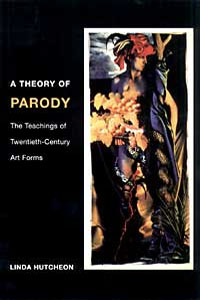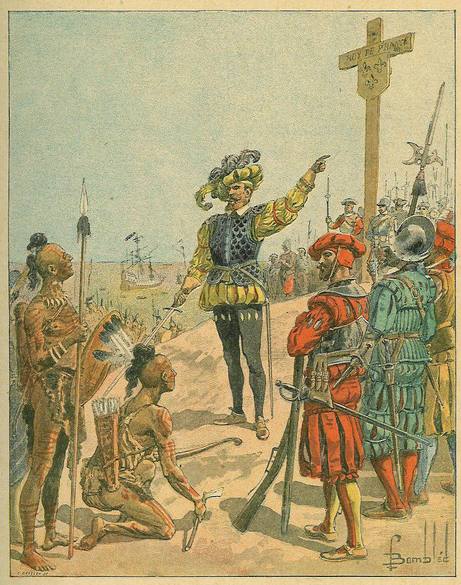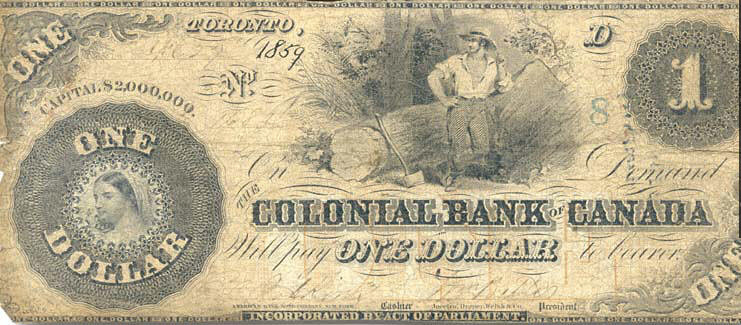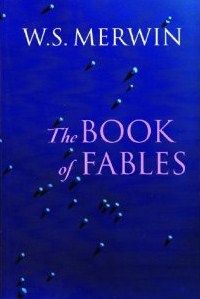
In chronological order:
Centre for Comparative Literature’s graduate student Jonathan Allan’s original post on the issue when the story began to break here.
Front page (above the fold) story in Globe and Mail here.
Roanoke College professor emeritus and editor of a number of Frye’s Collected Works Bob Denham’s letter to U of T President Naylor here.
Jonathan Allan’s account of the Centre’s unique scholarship and international communication, as well as links to the petition and the Save CompLit Facebook page here.
Centre graduate student Natalie Pendergast’s praise of the CompLit Centre and the closing of it as representative of “Canada’s cultural famine” here.
Former student of Frye, past president of McMaster University and current General Editor of the Collected Works Alvin Lee’s letter to the Globe and Mail here.
Letter to President Naylor by former Frye research assistant, current Chair of English at Baldwin-Wallace College, and editor of a number of volumes in the Collected Works, Michael Dolzani, here.
An update of developments here.
Story in The Varsity here.
Nicholas Graham of the University of Toronto on the legacy of the Centre here.
Bob Denham offers some interesting insight on a promised “Northrop Frye Chair” and its once proposed affiliation with the Centre here.
Globe and Mail Editorial on Frye and the Centre here.
Further media links, including to the Chronicle of Higher Education and the New Yorker here.
Update here.
Bob Denham’s no-nonsense response to the Globe and Mail editorial here.
A reminder to sign the petition here.
Jonathan Allan’s account of the history of the post of Professor of Literary Theory and the Centre of Comparative Literature here.
Neil ten Kortenaar, director of the Centre of Comparative Studies, in a letter to the Editor of the Globe and Mail here.
Jonathan Allan’s update on the public campaign to save the Centre here.
Frye Festival Newsletter here.
The creation of a separate “Category” for the “Centre for Comparative Literature” to assist readers here.
Graduate student Olga Bazilevica’s testimonial to the Centre here.
A reminder to sign the petition and visit the Save CompLit Facebook page here.






